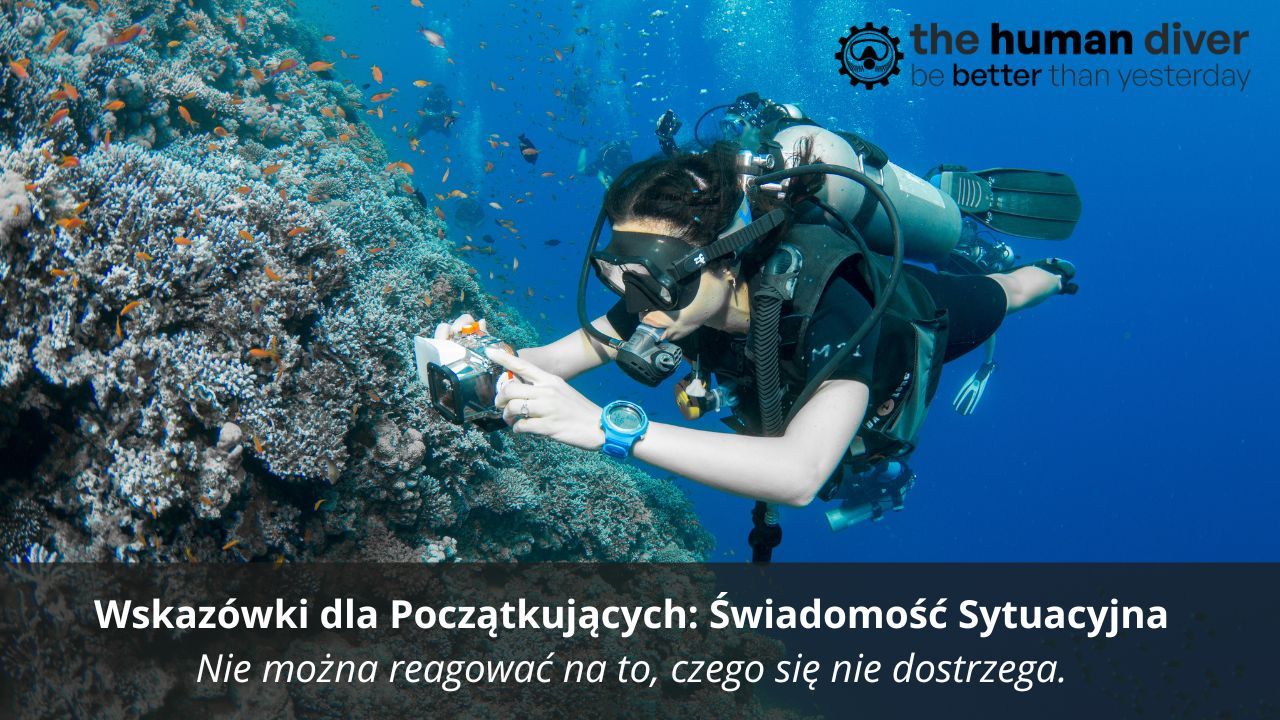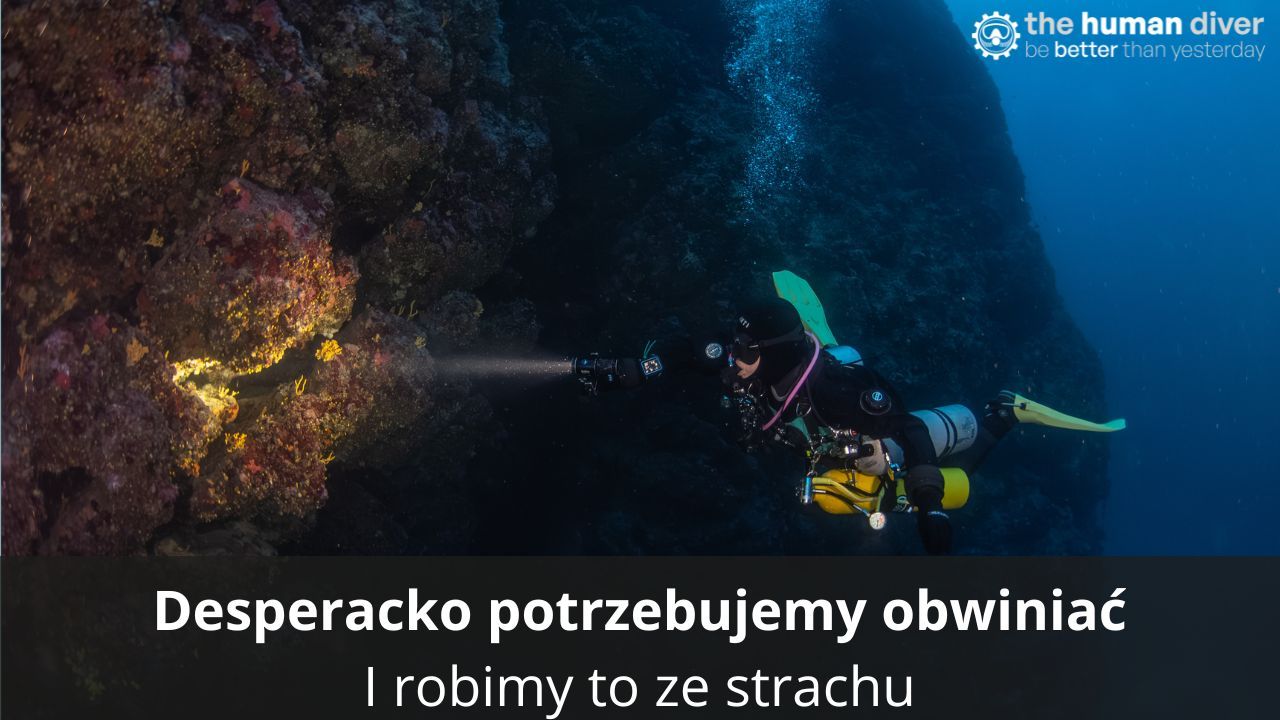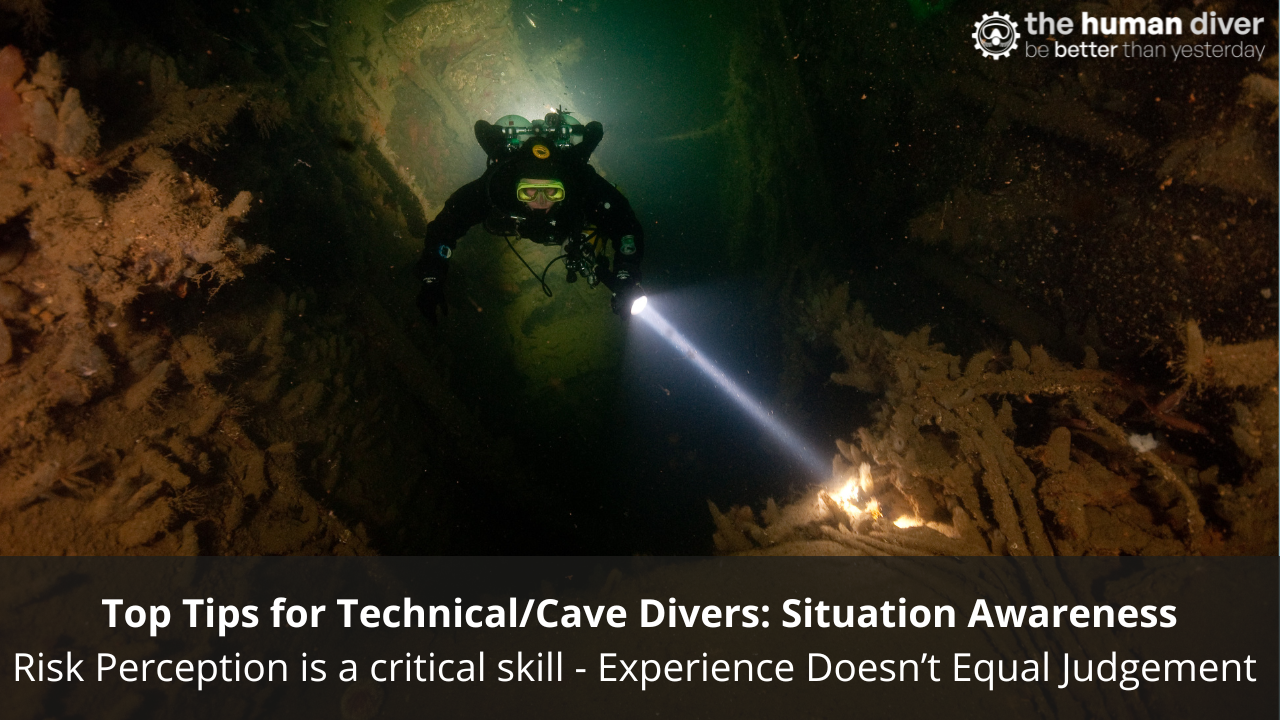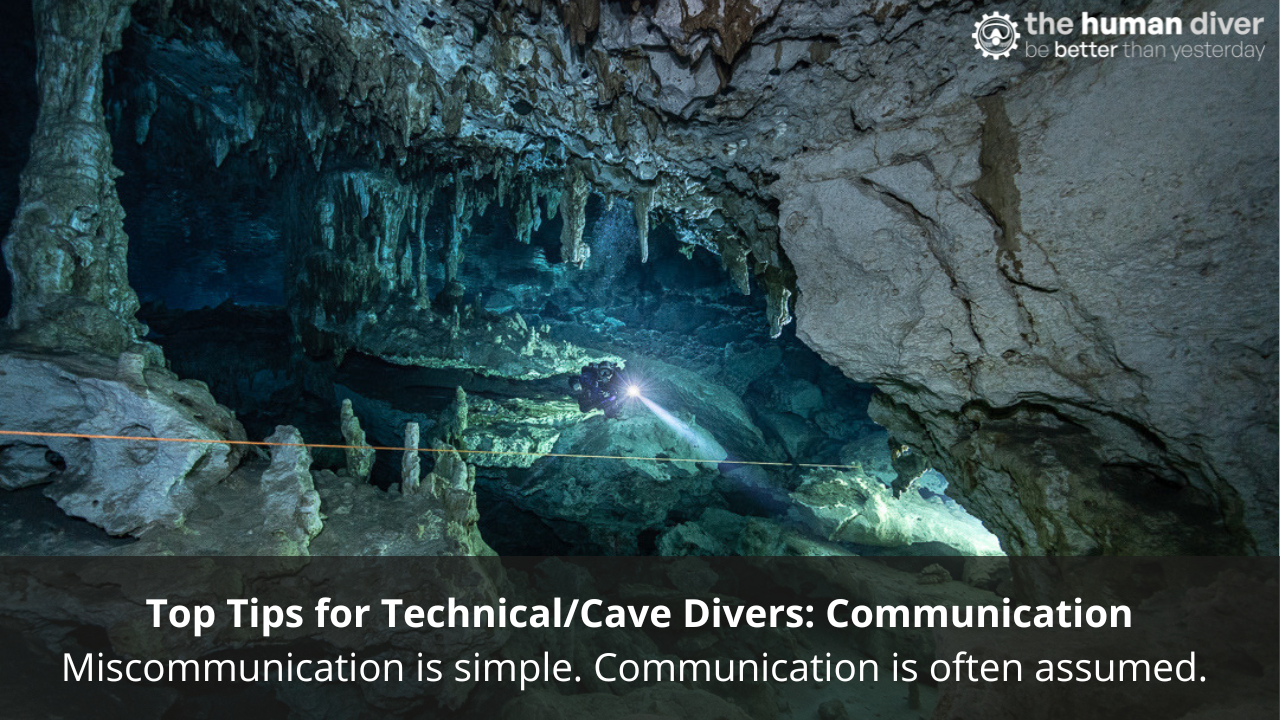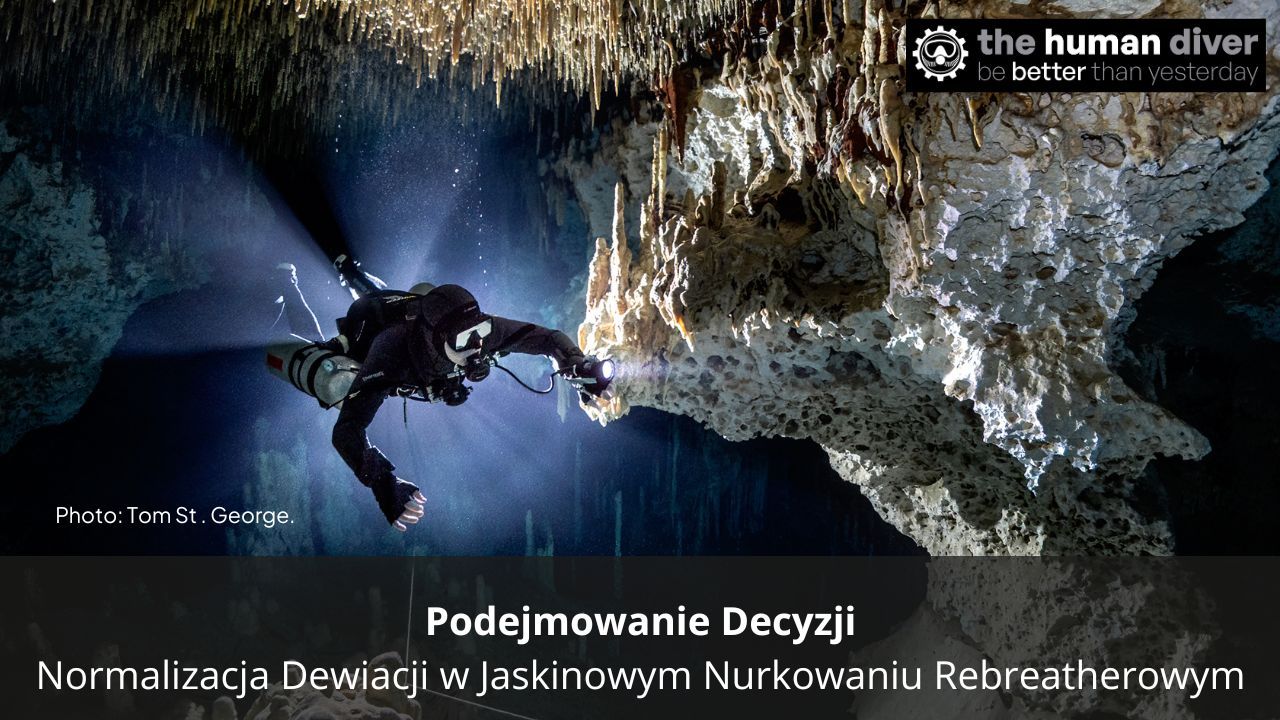
The road to excellence: Systems and structure form the foundation of a culture of improvement
Mar 18, 2024In English, there is a saying "culture eats strategy for breakfast," which means that no matter how strong our strategy is, we will not succeed if the organizational culture is weak. Creating appropriate systems and structure will allow us to consume the wrong culture and perhaps replace it with a new culture of improvement.

People want to be inspired. Let's take sports, for example. Nearly every story shows positive accounts of teams or individuals overcoming adversity to achieve success. We identify with their struggles and find motivation in their triumphs. What we often don't see are the countless hours of sweat and hard work. While the structure and supporting processes for striving for excellence may not make the front pages of newspapers, they form the foundation of success. If we look at the world's best teams, whether it's the American Navy Seals, the Red Bull pitstop team, the New Zealand All Blacks, or NASA, all teams operating at the highest level have their structure and processes outlined.

I will apply this to diving: We have our mission, vision, and declarations about how we want to proceed. Nevertheless, our processes and systems often inadvertently work directly against us, weakening leadership and the success of members. The best way to avoid such conflicts is to start by identifying key areas where systems can be implemented that are understood and adhered to by everyone in the team.
Systems that work
Recruitment: When building or planning the development of an existing team, one must consider the alignment of values and collaboration. One of the elements that distinguishes a team from a group of people is shared, accepted, and achievable goals. Think about and discuss your goals. What do you want to achieve as a team and as individuals? Do your goals conflict? Are they agreed upon, accepted, and ready to be identified with by everyone? If at this stage, as a group, you are not in agreement, you will not be able to create a successful diving team. It is also worth considering your competencies. Diversity will be the key to success.
Skill acquisition: Plan a development path and joint exercises from the very beginning. Clearly presenting how and why you intend to invest in your development and competencies as a team will reassure you that you believe in success and that everyone will have an impact on team performance and development.

Skill development: As new challenges emerge and develop, priorities may change. It is worth adopting an open approach to meet the needs of your team. Seek new learning opportunities and acquire new competencies for all team members.
Common language and communication: Responsibility can be interpreted in various ways. Define your expectations in a simple and clear manner. Over time, you will have your own meta-language that your team will communicate with. However, it is worth verifying whether everyone understands what you are talking about. This also applies to new team members and the environment in which you operate. Skippers, divemasters, other groups, or base staff may not understand everything the same way you do, and a lack of psychological safety will hinder information verification. Remember to close communication loops, paraphrase, and use open questions, describe to me, tell me, present... to verify understanding and ensure that everyone is speaking and thinking about the same thing.
Feedback: Build and promote an atmosphere where feedback is considered a gift, not an insult. DEBrIEFing is a critical element of any activity. Provide feedback in a way that builds trust and empowers people to speak up, raise concerns, question, and submit their own ideas. We are talking about behaviors, and we should not be afraid to name behaviors and what went wrong. However, criticism should be constructive and productive and should focus on behaviors and decisions made, not individuals. It is very important to pay attention to what went well and understand why something succeeded so that everyone knows how to repeat what is good in the future.

Recognition: How does each person want to be appreciated? Create a system that will help you reward the commitment and attitude of individuals whose behavior is significant to you. Setting a specific time to recognize a team member will allow others to consider it well in advance. For example, at the end of each diving day or weekend, everyone chooses one person to thank and reward them in some way. Processes that have a regular place in your workflow are more likely to succeed.
When thinking about your approach to each system, imagine new members of your team or novice divers in your club going through the processes you have created. Can they determine how they contribute to achieving the set goals? Do they know how you define success and what steps they can take to achieve it? Is the feedback they receive helpful in building trust, which may one day result in greater responsibility? Are the right people in the right roles? If you can answer yes to these questions, it is a strong indication that your systems and processes support a culture of continuous improvement.

The 55-Minute Principle
We know that divers seek inspiration from us, but we also know that leadership is more than just a short speech or conducting a briefing. Albert Einstein once said, "If I had only one hour to save the world, I would spend 55 minutes understanding the problem and 5 minutes saving the world." If we want our teams to achieve top-level results, and our dives to be successful and a source of learning, our 55 minutes are best spent on thorough debriefing and very in-depth discussions of the dive, as well as developing reliable processes that will help our team achieve exceptional results.
Summary
We have become accustomed to seeing diving as an individual activity, occasionally meeting with people we know. Instructors and dive center owners rarely see their students and clients as part of a team with common goals. Diving teams that dive together and carry out joint projects often lack a cohesive vision or development plan. Changing the perception and thinking about diving and organizing dives from the perspective of a shared goal and planned process will increase safety, reduce misunderstandings, and make those involved feel part of a whole, contributing to mutual improvement.

Andrzej is a technical diving and closed-circuit rebreather diving instructor. He works as a safety and performance consultant in the diving industry. He holds a degree in psychology with a specialization in social psychology and safety psychology. His main interests in these fields revolve around human performance in extreme environments and building high-performance teams. Andrzej completed postgraduate studies in underwater archaeology and gained experience as a person responsible for diving safety in scientific projects - DSO. Since 2023, he has been a Human Factors instructor, leading the Polish branch of The Human Factors. www.podcisnieniem.com.pl
Want to learn more about this article or have questions? Contact us.




